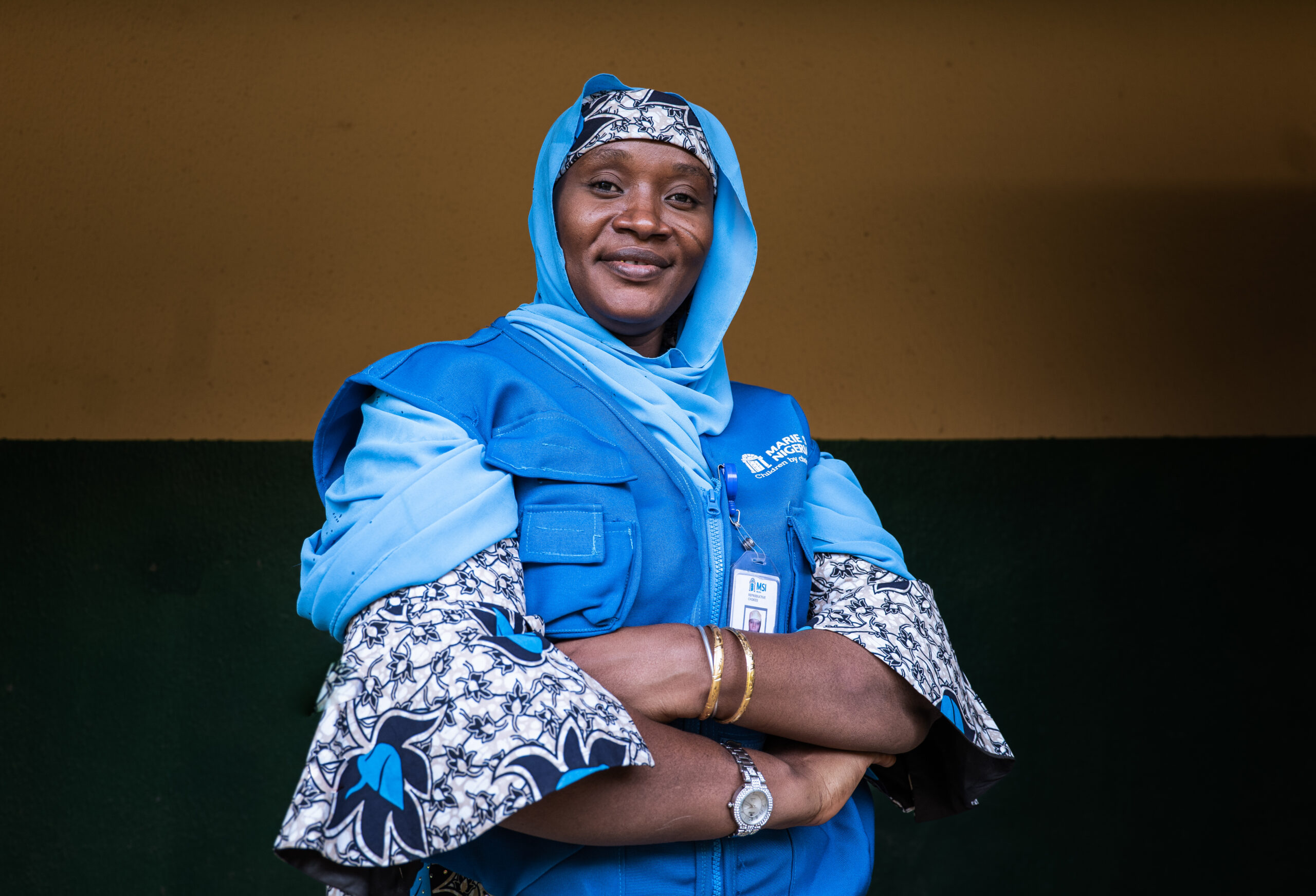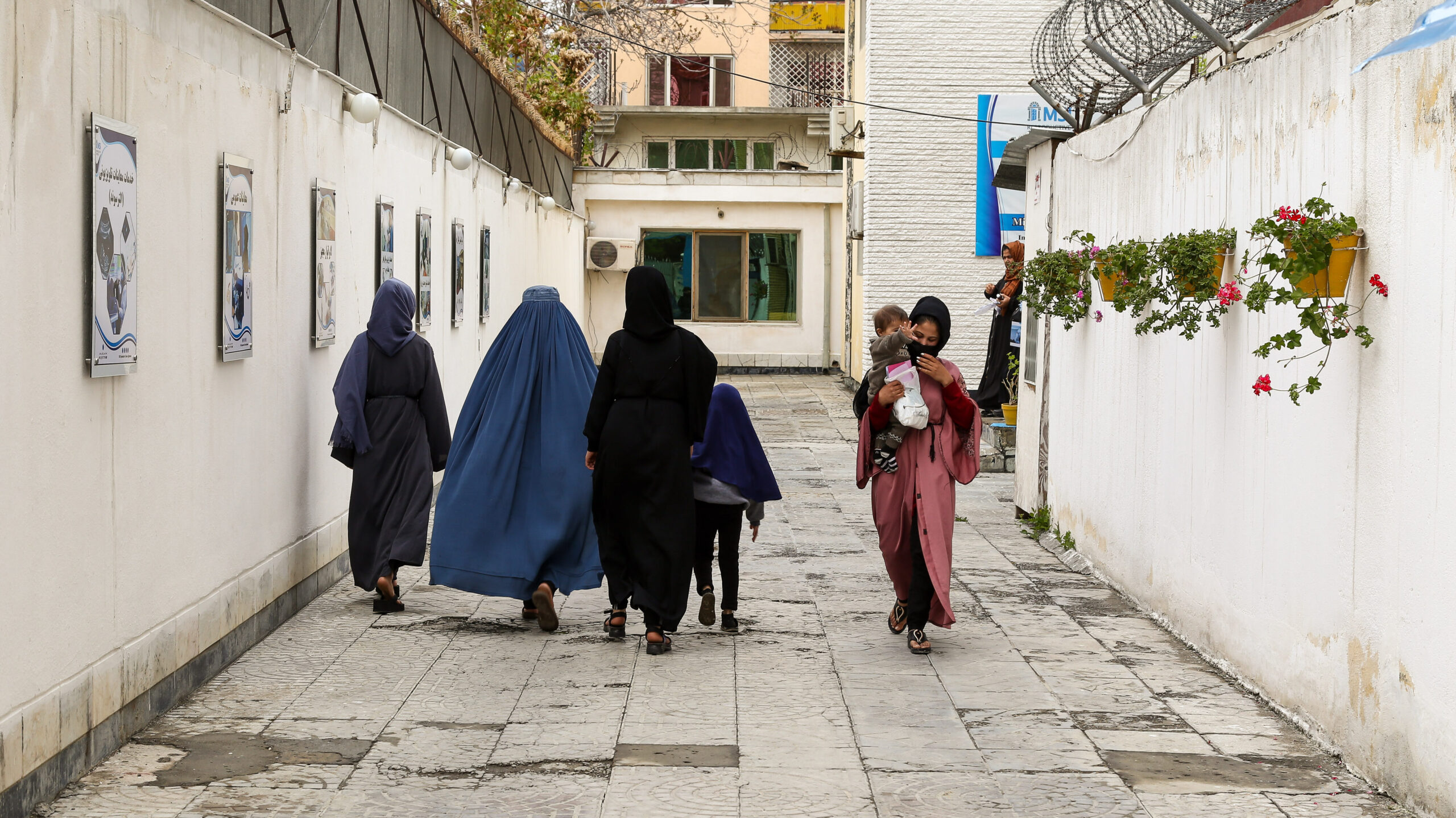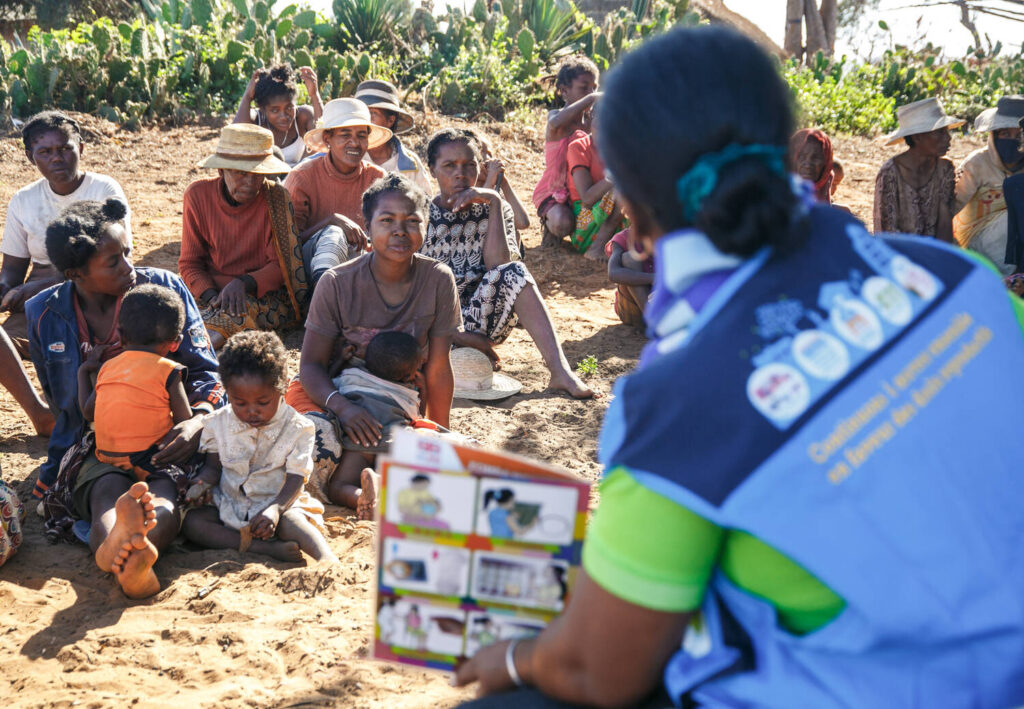
On the coast of Madagascar, a partnership between MSI and Blue Ventures shows how being more interconnected increases impact.
Co-authored by Dr. Carole Sekimpi, Senior Africa Director for MSI Reproductive Choices and Sharon Young, Chief Partnership Officer for Blue Ventures
In a world with so many injustices, which of the most pressing issues should we put our time, money and effort into, when they are all urgent and momentous?
That’s a common question, but it can be the wrong one. Faced with continuing silos in our funding and programming, the global development sector too often approaches these issues as singular.
A young woman on a coastal shore in Madagascar who has never had access to modern contraception, has four children with another on the way, and whose community is suffering from climate destruction and a shortage of food sources, does not see her problems as separate from one another. And neither should we.
Where we can integrate and partner to respond to an individual’s needs holistically, we should be. Here’s an example of doing exactly that.
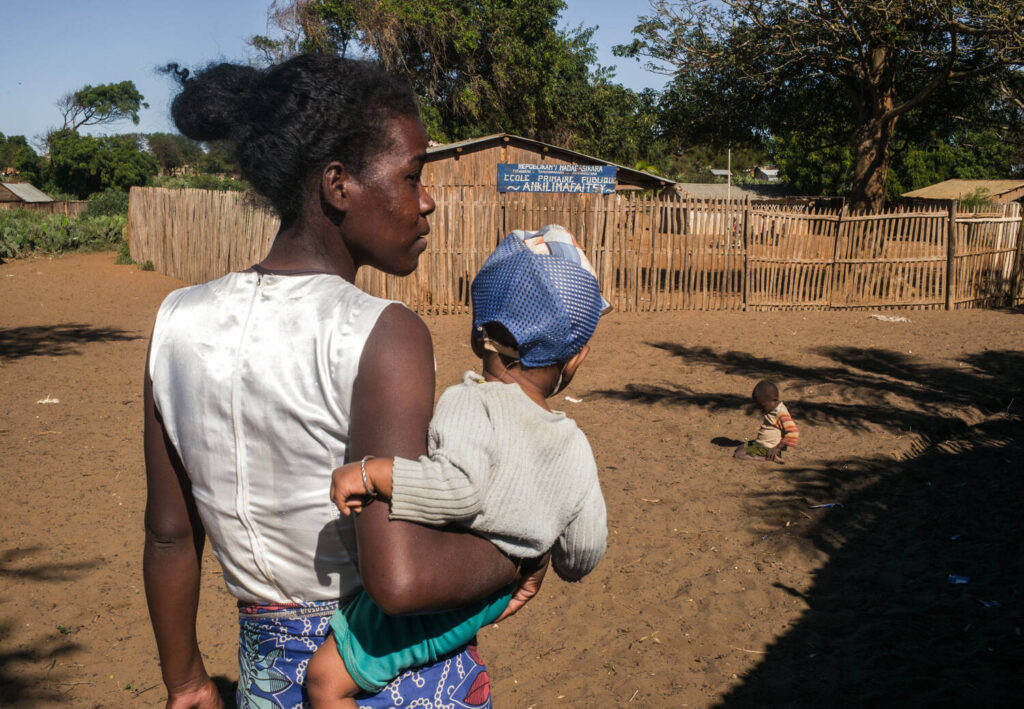
We are two women leaders working on big issues: the lack of access to reproductive healthcare for millions of women globally, and the impacts of the escalating climate crisis on coastal communities. Our organisations, MSI Reproductive Choices and Blue Ventures, have been partnering in climate-affected regions of Madagascar, where the intersection of our respective missions is clear.
All we had to do was listen. In these vulnerable communities, where climate change is not an abstract concern but a real and present threat that’s collapsing local fisheries and causing food scarcity, Blue Ventures’ discussions with the community unearthed a deep desire for women to be able to plan their pregnancies. Women had a significant unmet need for contraception, and that impacted every other part of their lives.
Rather than delivering separate programmes, our organisations took a different approach: partnering and integrating our services, working closely with communities and understanding what was most impactful for them.
We coordinate both the timing and location of our educational events and services, supporting people to rebuild and sustain fisheries as their vital source of food and livelihood, and enabling women to choose quality contraceptive options. Leveraging the strengths and community connections of each partner, together we’re now reaching further into isolated communities and creating more impact than we could have alone.
Partnerships like these are shifting perspectives and helping INGOs and funders to connect the dots. Research from MSI projects that 14 million women and girls are at risk of losing access to contraception over the next decade due to climate change-related displacement. This would result in around 17 million additional unintended pregnancies. And yet, women and girls – and their health –are not adequately supported in the climate response. They are being left behind.
Women and girls in coastal tropics are not mere victims of the climate crisis but are a critical part of the solution. By providing them with the tools they need to adapt – including access to contraception and sustainable livelihoods – we support girls to stay in school and women to become economically independent, and healthier. Increased agency, equality and resilience means that women are more able to participate in decision-making around climate adaptation and solution-building. Supporting an individual woman’s interconnected needs has a ripple effect on community resilience that will ultimately be felt for generations to come.
MSI and Blue Ventures started partnering in 2015 to bring coastal communities in Madagascar options and support for both their livelihoods and health. This collaboration shows the international development community what’s possible when we rise above outdated silos to work together to deliver integrated solutions.
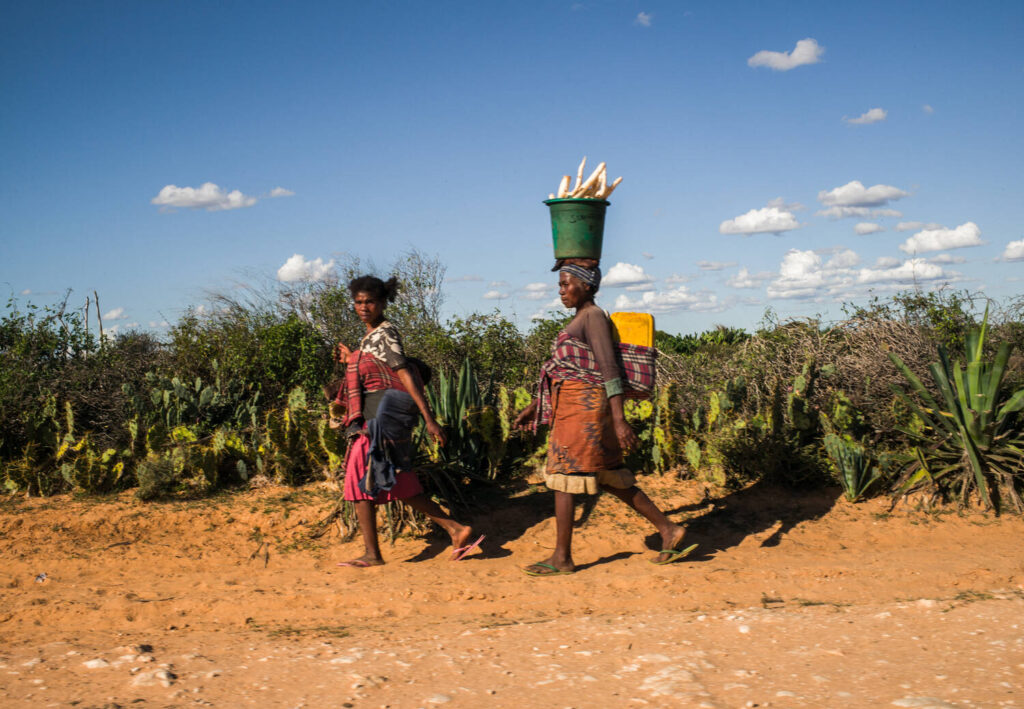
Donor funding and NGO programming wouldn’t typically encompass both reproductive health and climate-related conservation, focusing instead on single-issue funding and impact. But the kind of progress we need to achieve the Sustainable Development Goals demands us to think differently and recognise these connections at the funding, policy and programme level.
We’re pushing forward. Recently we made a joint commitment as part of the Clinton Global Initiative to expand our project to vulnerable coastal communities across sub-Saharan Africa. By raising $15 million from the philanthropic community, we could support a further 750,000 people with integrated reproductive health and environmental conservation initiatives. This will be the first scale up of its kind.
Working at the nexus of climate and reproductive justice is just one example that represents how we can all recognise and mobilise connections between our different sectors. The philanthropic and social change community must support progress in making innovative connections, because that’s how we will solve and combat these big issues, while transforming individual lives in the process.
Find out more about MSI’s work to build community climate resilience, and about the work of Blue Ventures on their website.






